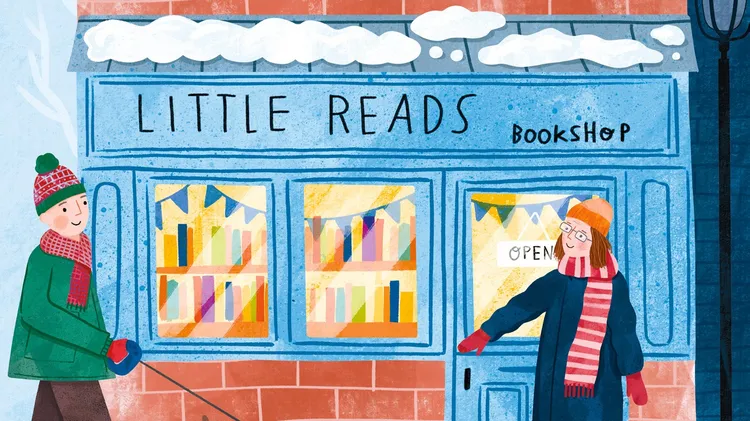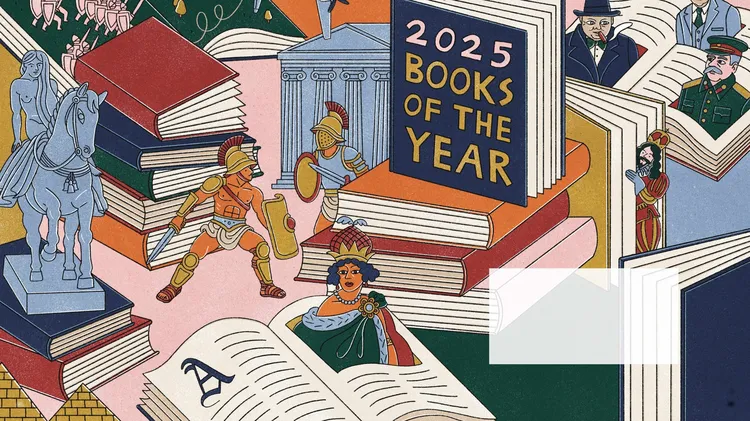Simon Whaley chats to Madeleine Milburn, one of the UK’s leading literary
Madeleine milburn
3 min read
This article is from...
Read this article and 8000+ more magazines and newspapers on Readly






